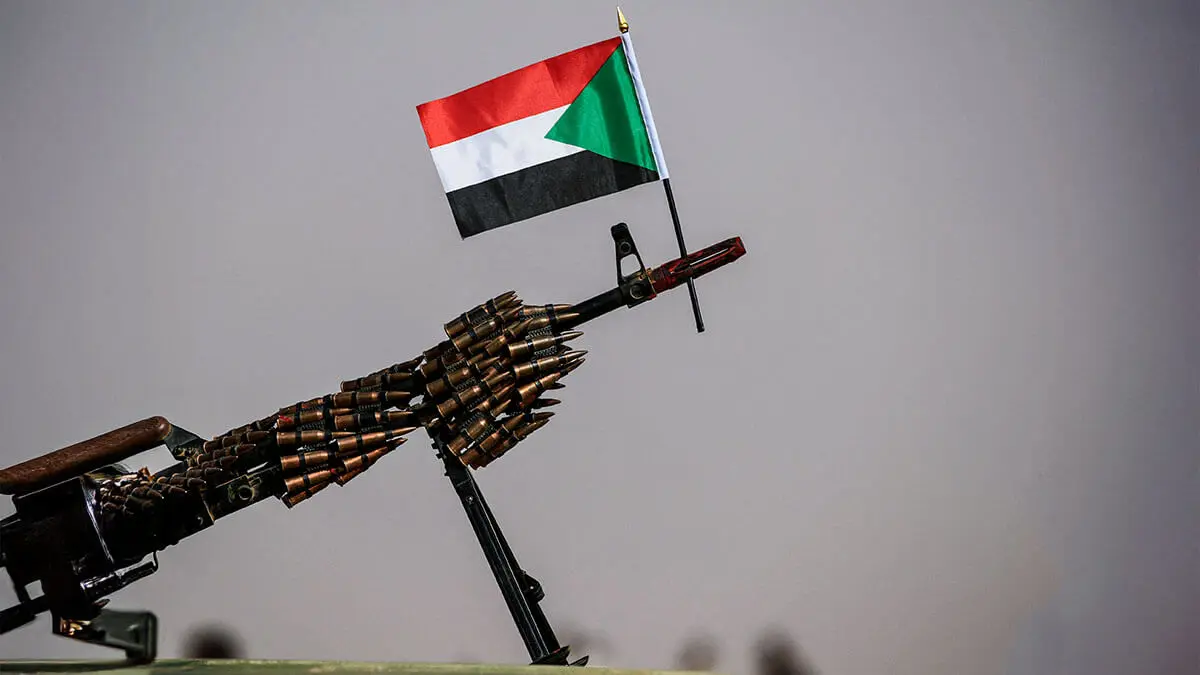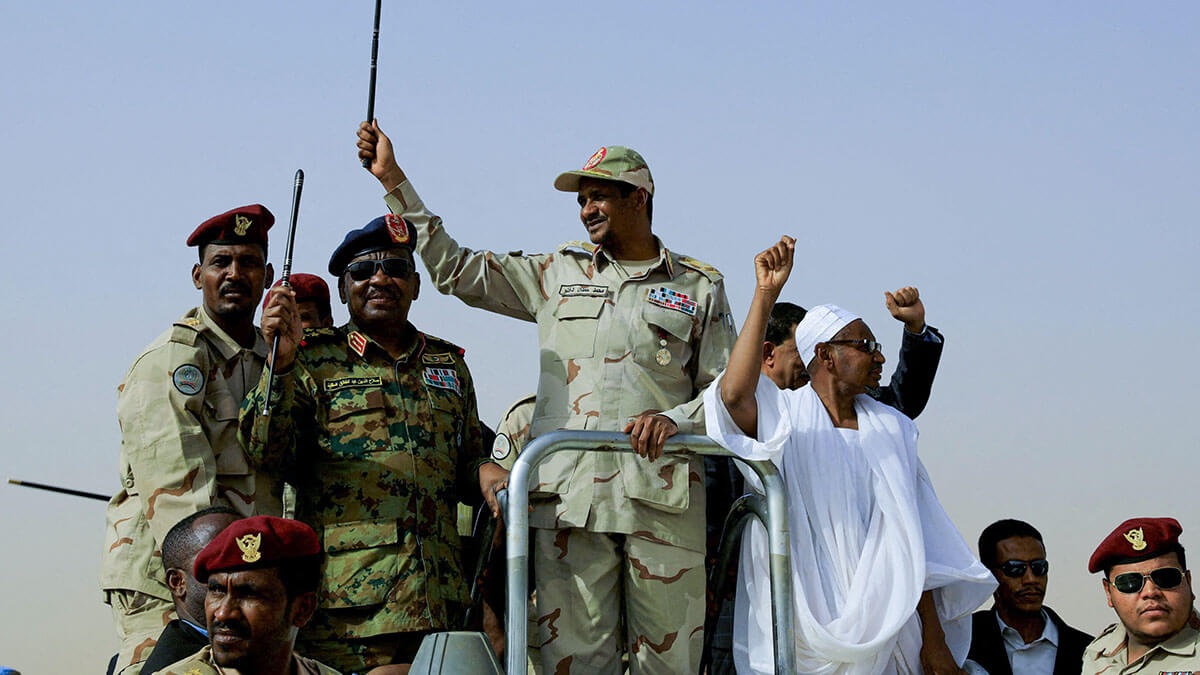Sudan: endless civil war and constantly worsening humanitarian crisis

The war is being fought between the Sudanese army forces led by Lieutenant General Abdel Fattah Al-Burhan, supported by armed Islamic groups and the political support of the Sudanese Islamic Movement, and the Rapid Support Forces, led by Mohamed Hamdan Dagalo (Hemedti), which has the support of secular and liberal forces.

REUTERS/ UMIT BEKTAS
Human and material losses are increasing, with civilians paying the highest price in a conflict that appears to have turned into a genocidal war in some areas, according to international human rights reports, which documented crimes of cleansing in areas retaken by the Sudanese army months ago, including the state of Al-Jazeera.

REUTERS/ IBRAHIM MOHAMMED
Tora market massacre: a war crime seen by the world which caused international shock and refocused attention on the tragedy in Sudan. An air strike carried out by the Sudanese army on March 25, 2025 targeted a busy market in the Tora area of Darfur, killing and injuring hundreds of civilians, who were burned alive in shocking scenes.

REUTERS/ MOHAMED NURELDIN ABDALLAH
Local sources spoke of the use of explosive barrels and incendiary materials in the raids targeting the market. The New York Times published shocking testimonies from survivors, and one witness said: “I saw burnt and shattered bodies everywhere... They are innocent victims who played no part in this war.”

PHOTO/FILE
Human Rights Watch also published satellite images showing massive destruction in an area estimated at 10,000 square meters, describing the attack as a “flagrant violation of international humanitarian law.”
For its part, the United Nations High Commissioner for Human Rights accused the Sudanese army of “using indiscriminate force against civilians”, while the Army General Command issued a statement denying its involvement in attacking civilians, describing the incident as a “precise attack against armed positions belonging to the Rapid Support Forces”.

REUTERS/ EL TAYEB SIDDIG
Exporting the crisis to the neighbourhood
In a dangerous turn of events, statements made by Yasser Al-Atta, deputy commander of the Sudanese army and member of the leadership council, provoked angry reactions after he threatened to attack the airports of N'Djamena and Am Jaras in Chad, accusing them of militarily attacking South Sudan.
In response, the Chadian government issued a strong statement: “Chad will not hesitate to defend its sovereignty and any aggression will be met with a strong response.”

REUTERS/ EL TAYEB SIDDIG
In an analysis by the African Center for Strategic Studies (ACSIS), these statements reflect “the desperation of Sudanese military leaders, which pushes them to link their neighbors in search of a scapegoat.”
Observers believe that the Sudanese army leaders are trying to divert attention from the devastating crisis the country is suffering in order to continue the war by implicating the countries in the region and mobilizing the Sudanese against imaginary enemies.

REUTERS/ MAZIN ALRASHEED
Why is the crisis worsening with no solutions in sight?
According to the International Monetary Fund, the Sudanese economy contracted by 18% at the start of the war and the inflation rate rose to 340% (World Bank report - February 2025).
The worsening of the crisis is largely due to a lack of political vision because all international initiatives, including the efforts of the Arab League and the African Union, to find a solution to the crisis have failed due to the refusal of the Army leaders to accept peaceful solutions and calls for dialogue.

REUTERS/ EL TAYEB SIDDIG
Finally, with 15 million displaced and millions at risk of famine (according to the World Food Program), Sudan seems trapped in an endless cycle of violence.
The question now is: can international pressure stop this war, or is Sudan facing a new phase of division and destruction, amid the insistence of army leaders to continue the war regardless of its devastating cost to the Sudanese people?

REUTERS/ MOHAMED JAMAL JEBREL








